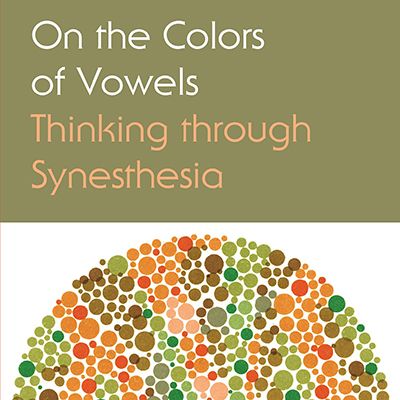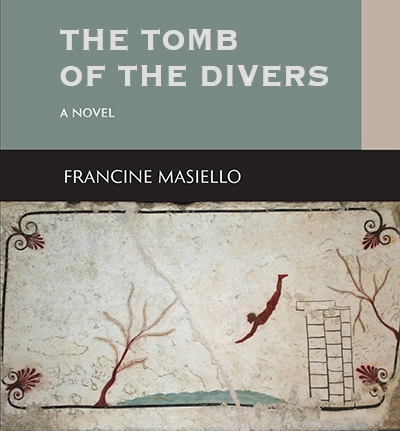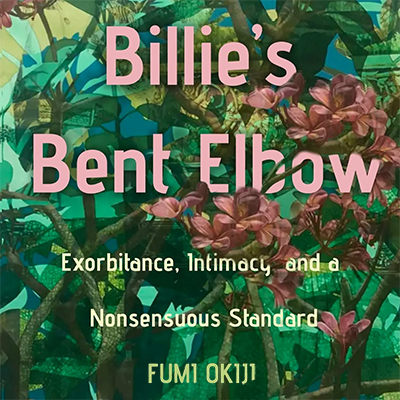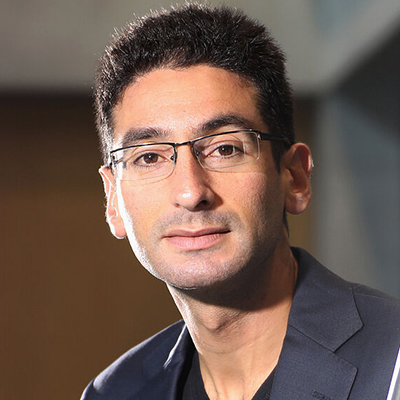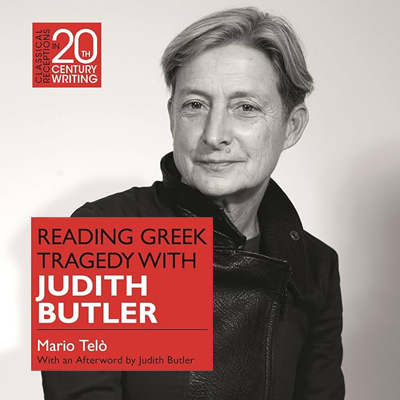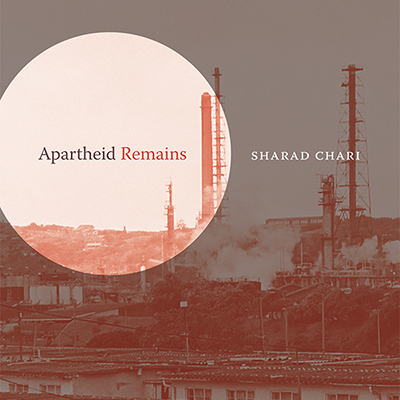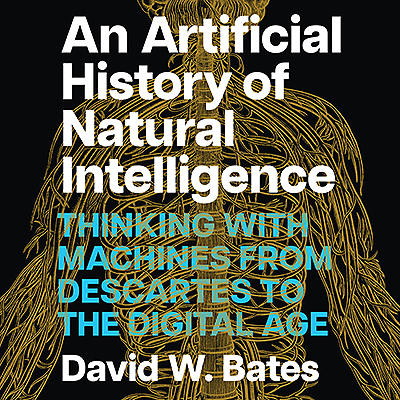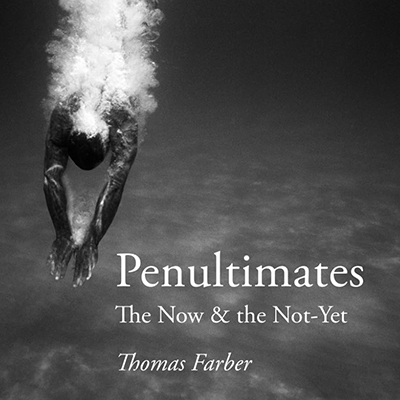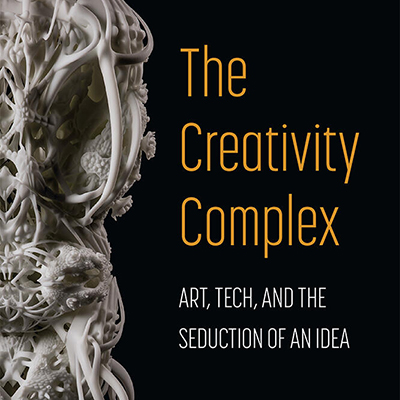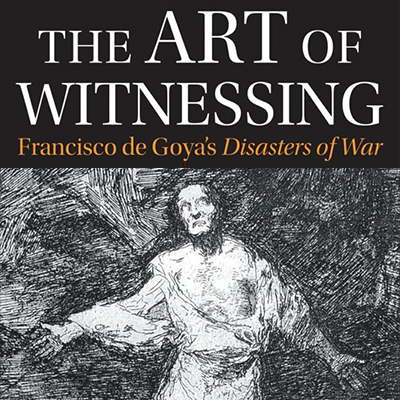Past Events
Exploring the ways in which visual conceptions of vowels have inflected the arts and sciences of modernity, Liesl Yamaguchi asks how discourses of the 19th and 20th centuries crafted the enigma we now readily recognize as “synesthesia.”
Francine Masiello's debut novel, written with pleasure and wit, weaves a multigenerational tale of small-time artists and crooks who, over the course of a century, wend their way from southern Italy to Paterson, New Jersey.
Billie’s Bent Elbow: Exorbitance, Intimacy, and a Nonsensuous Standard
In this deeply poetic book, Fumi Okiji gathers a chorus of thinkers and artists to examine sites of intemperance and equivocation in black thought and music.
Through bold new analyses of legendary works of German silent cinema, Nicholas Baer reassesses Weimar cinema in light of the "crisis of historicism" widely diagnosed by German philosophers in the early twentieth century.
Reading Greek Tragedy with Judith Butler
Considering Judith Butler's “tragic trilogy” — a set of interventions on Sophocles's Antigone, Euripides's Bacchae, and Aeschylus's Eumenides — Mario Telò seeks to understand how Butler uses and interprets Greek tragedy and, ultimately, how tragedy shapes Butler's thinking.
Sharad Chari explores how people handle the remains of segregation and apartheid in South Africa, as witnessed through portals in an industrial-residential landscape in the city of Durban.
An Artificial History of Natural Intelligence: Thinking with Machines from Descartes to the Digital Age
David Bates offers a new history of human intelligence, arguing that humans know themselves by knowing their machines.
In his wry meditation on aging, Thomas Farber memorializes lost friends and takes the measure of our current moment.
Shannon Steen explores how discourses of creativity can seduce us into joining a worldview that justifies structural inequalities, environmental degradation, and other aspects of contemporary capitalism that we might otherwise find troubling.
Intervening in debates on historical memory, testimony, and the representation of violence, Michael Iarocci shows how Goya's masterpiece extends far beyond conventional understandings of visual testimony.
